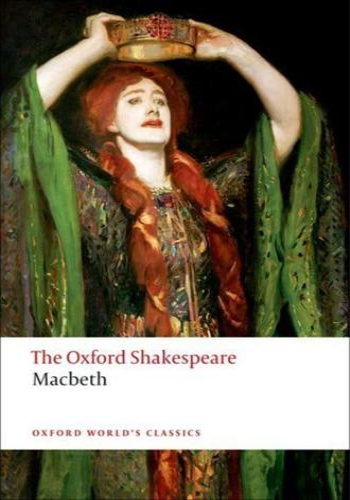Dark and violent, Macbeth is also the most theatrically spectacular of Shakespeare's tragedies. Indeed, for 250 years - until early this century - it was performed with grand operatic additions set to baroque music. In his introduction Nicholas Brooke relates the play's changing fortunes to changes within society and the theatre and investigates the sources of its enduring appeal. He examines its many layers of illusion and interprets its linguistic turns and echoes, arguing that the earliest surviving text is an adaptation, perhaps carried out by Shakespeare himself in collaboration with Thomas Middleton. This fully annotated edition reconsiders textual and staging problems, appraises past and present critical views, and represents a major contribution to our understanding of Macbeth. ABOUT THE SERIES: For over 100 years Oxford World's Classics has made available the widest range of literature from around the globe. Each affordable volume reflects Oxford's commitment to scholarship, providing the most accurate text plus a wealth of other valuable features, including expert introductions by leading authorities, helpful notes to clarify the text, up-to-date bibliographies for further study, and much more.







